Published on Tampa Bay Times:
https://www.tampabay.com/the-migrant-crisis-through-the-eyes-of-a-former-refugee/2257576/
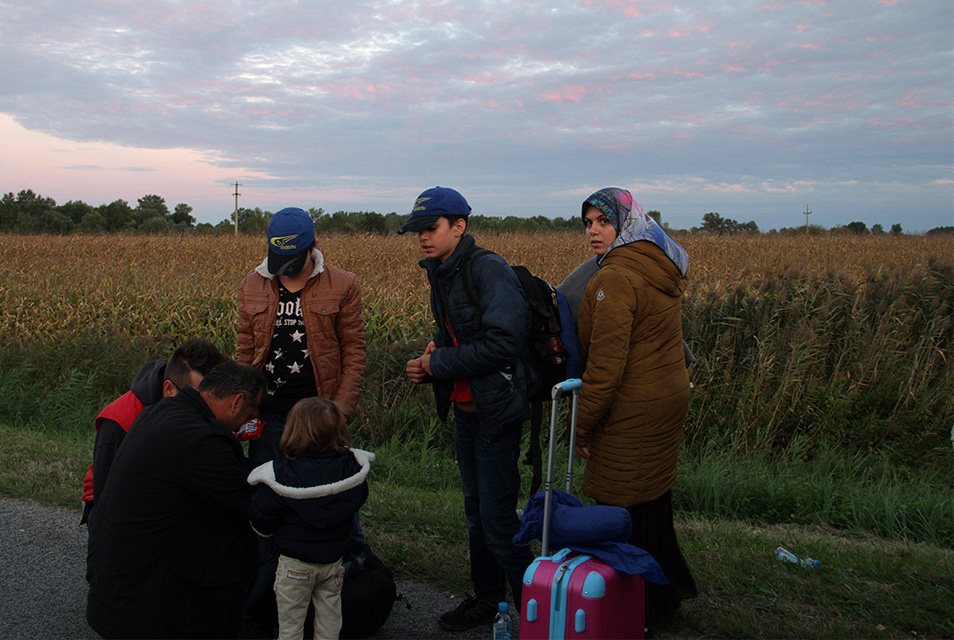
Published on Tampa Bay Times:
https://www.tampabay.com/the-migrant-crisis-through-the-eyes-of-a-former-refugee/2257576/
The day I left Bosnia, my best friend Tanja came looking for me. We were separated during the Bosnian war in the 1990s, Tanja went to live in Italy.
I stayed, watching people pour into my hometown, fleeing from surrounding villages. I delivered clothes and food to them.
They spoke with different accents, much like someone from Boston finding themselves in Nashville, and we turned our schools into shelters for them. We called them refugees.
Soon, I found myself with no choice but to join them in their flight. I caught the ‘last bus’ to America, and watched familiar people fade in the distance. My grandma, my friends. And once you flee your home, you always go back, whether it still exists or not.
I returned to Bosnia for the first time in 2001. I reunited with Tanja, and while on a train ride with her, the traces of the war I survived, my new life in the US, all culminated into one moment when I watched her gentle face reflect in the window.

Who am I? Who have I become? A Muslim—my father’s side of family, or Catholic, my Mom’s side. Is religion what will define me?
I knew that I did not want to be defined by this word: refugee.
Refugee was that old mattress I slept on my first year in the United States. Refugee was the basement I hid in while planes dropped bombs on my town. Refugee was as dirty as my school where refugees slept and, nearly 20 years later, it is as dirty as camp Opatovac in Croatia where I recently witnessed the world’s most recent refugee migration.
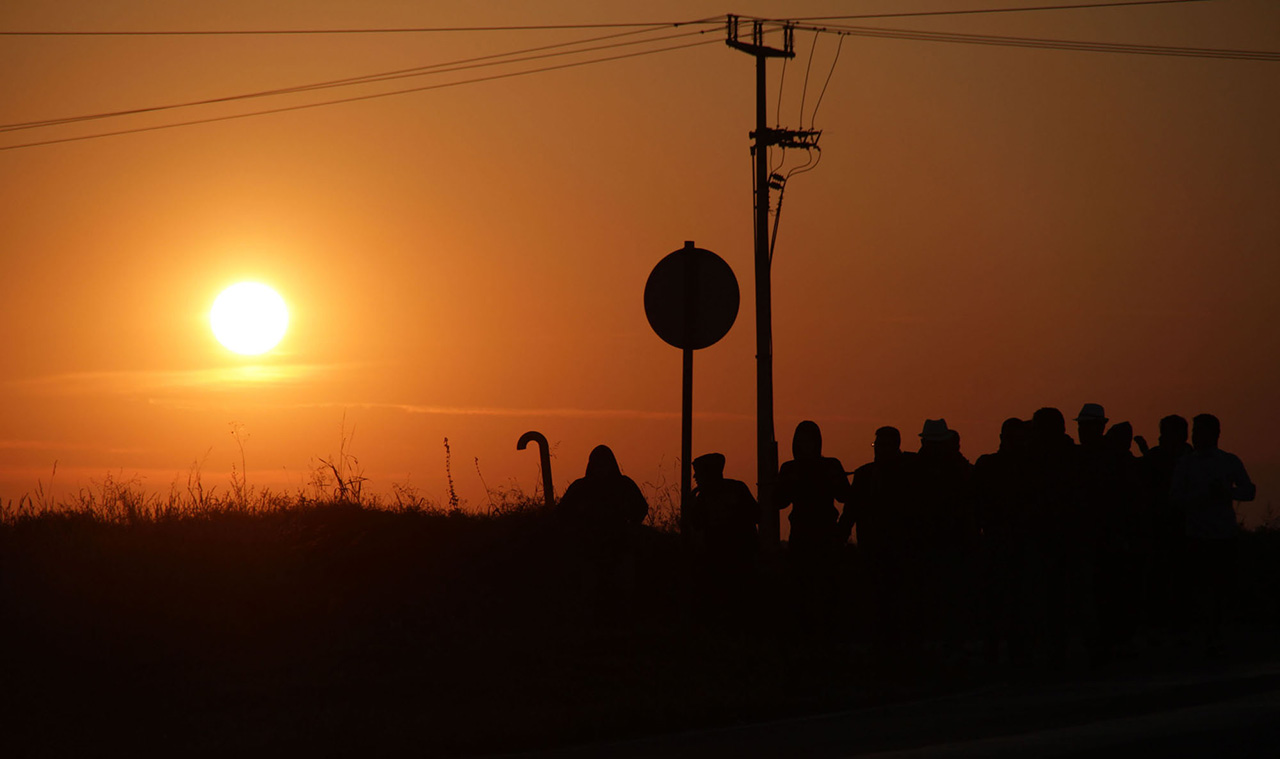
On September 19, 2015 I watched Middle-Eastern refugees and migrants being dropped off by bus at the Hungarian-Croatian border. Reporters lined up, waiting for the doors to open. I thought about how many times these people faced border crossings. Since leaving their homes, they cross at least four countries on foot before reaching Croatia, and at each border media ‘attacks’ them. I distanced myself from the rest of the photographers. I looked at faces through the window, wanting to find that one person I could connect with, that would trust me and not be annoyed by my camera.
I saw two girls and a baby. When they stepped off, they ran up to me, hugging me.
It was a quiet night. You could only hear the rustle of bags being picked up; almost no one talked. I wrote my e-mail for the girls on a piece of paper, hoping the scrap would survive their journey and one day they would write me. I did this with a few people I felt a deep connection with. The girls got further away from me, and just when I was about to leave, someone yelled:
“What is your name?”
Suddenly, every single reporter stood still, but I turned around. I knew she was talking to me out of all those hundreds and hundreds of reporters. I shouted my name, and then asked her: “What is your name?”
“Lilian.”
Her response echoed across the border as she walked to the other side. For a moment I felt as if I’ve known her all of my life. And I did. I was that same Afghan, Syrian and Iraqi kid on the train, bus or boat. Croatia was a stop on my journey as well, and peace was the best fairytale of my time.
A day later, reporter from the Agence France-Presse, asked me, “When the girl hugged you, she left in such joy to the other side. Do you remember her name?” Tears were pouring down his face, just like mine when Lilian crossed. I thought, “How could I ever forget her name?” And I wondered why this affected him? Was he a refugee once? Then he added, “It’s just that as professionals, sometimes we forget to be human.”
I’ll never forget this moment, and this whole refugee crisis became a story I had to document.
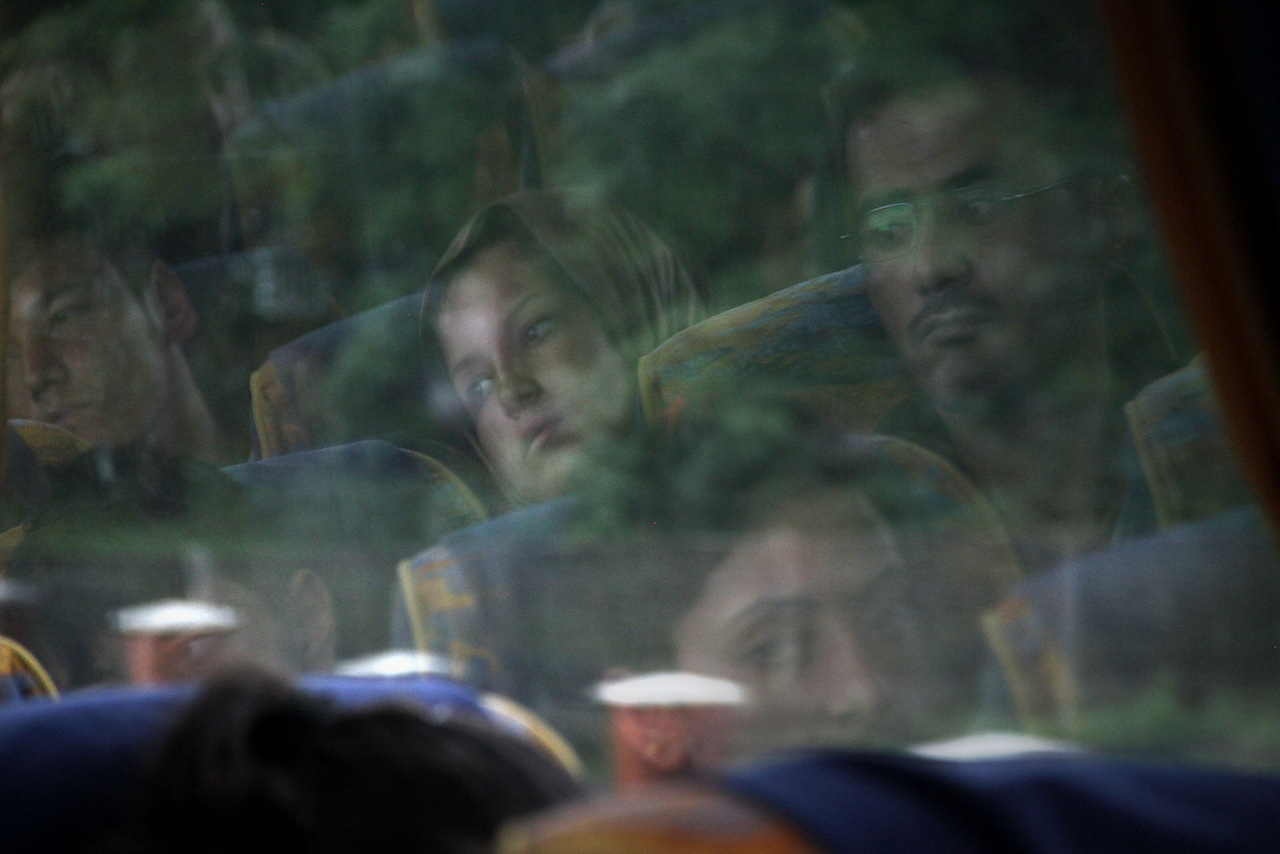
I arrived when media could no longer get in the camp regardless of accreditation. But my plan was to document inside the camp. Now, I wasn’t sure what to do. My friends had stayed at the border, and places to sleep were a far away. Then I noticed people in the back, police in front of the fence, making sure no one got out. I walked over as if I had been there all day. No one asked me a thing. I learned the people on that side had been waiting for 48 hours in the camp for buses to transport them to another Croatian village or to the train station in Tovarnik. From there, they are taken to the nearest entrance into Hungary, often not a legal border crossing, but someone’s backyard, or a trail through the forest. Before the refugees get on the buses, the police ordered them to their knees in an effort to control the crowd.
As I watched this scary scene, a young woman with a baby approached me, “My daughter, Sara, will not know where she is from, we changed so many countries.”
I think everyone assumed I belonged there, if police saw other news crews, they kicked them out. That night people refused to leave their place in line, choosing to stay on the sidewalk rather than sleep in tents; they were fighting, arguing between those escaping the war and those escaping the economy. People were getting sick, it was very cold. Some faked illness, hoping for a faster release from the camp and to be let on the bus. I witnessed the pain of those who lost a family member, hoping they’ll arrive at the camp. I was surprised to see how few women there were.
I was wearing my Red Cross jacket against the cold. I became a volunteer while helping during floods in Domaljevac, Bosnia, last year. I introduced myself to the Red Cross guys and they let me stay in the shelter overnight.
That night the refugees found an alternative route into Croatia after hearing rumors of the official border being closed.
I was amazed how they found their way into the country.
Out of the blue, a bus driver invited me to shoot inside the bus, but a policeman told me I should get off because the women wouldn’t want to be photographed. Initially, he was right. Some women put hands over their faces, and, I don’t know how to explain it, but in a few minutes I gained their trust. Then, their children began hugging me. It was magical.
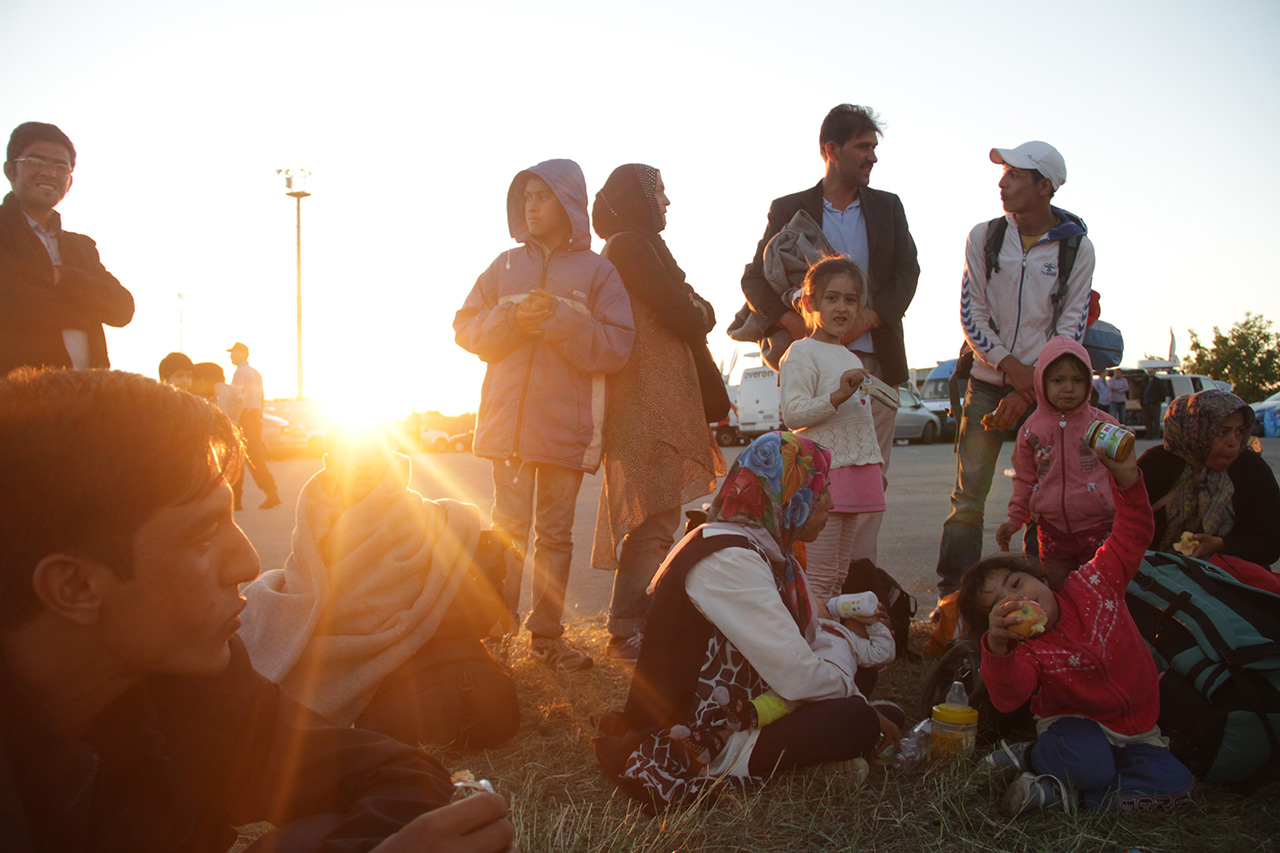
I connected with another Syrian family that were shading themselves from the sun with umbrellas. After I got to know them in their broken English, I learned that they knew Bosnia well because of the war. After that, their daughter followed me with umbrella to protect me. Reporters from Belgium asked me if I travelled with them, and again, I felt like I knew this family for an eternity even though it had only been 15 minutes.
I never wanted to be defined as a refugee, but it forever shaped me into the woman I became: a photojournalist able to connect and share the most intimate stories of those I’ve met for the first time. And for people I documented it didn’t matter to them what religion I was. All that mattered was that I wished them well, that I felt their journey and accepted them for who they are beneath their refugee clothes.
What truly marked this experience for me was the e-mail I received recently. Two girls and a baby had arrived in Sweden, their brother wrote me. Now, I have a bigger reason to continue this story, to visit those I met in Croatia and show how their journey as a refugee defines them and plays a role in their sense of belonging in their new homes.



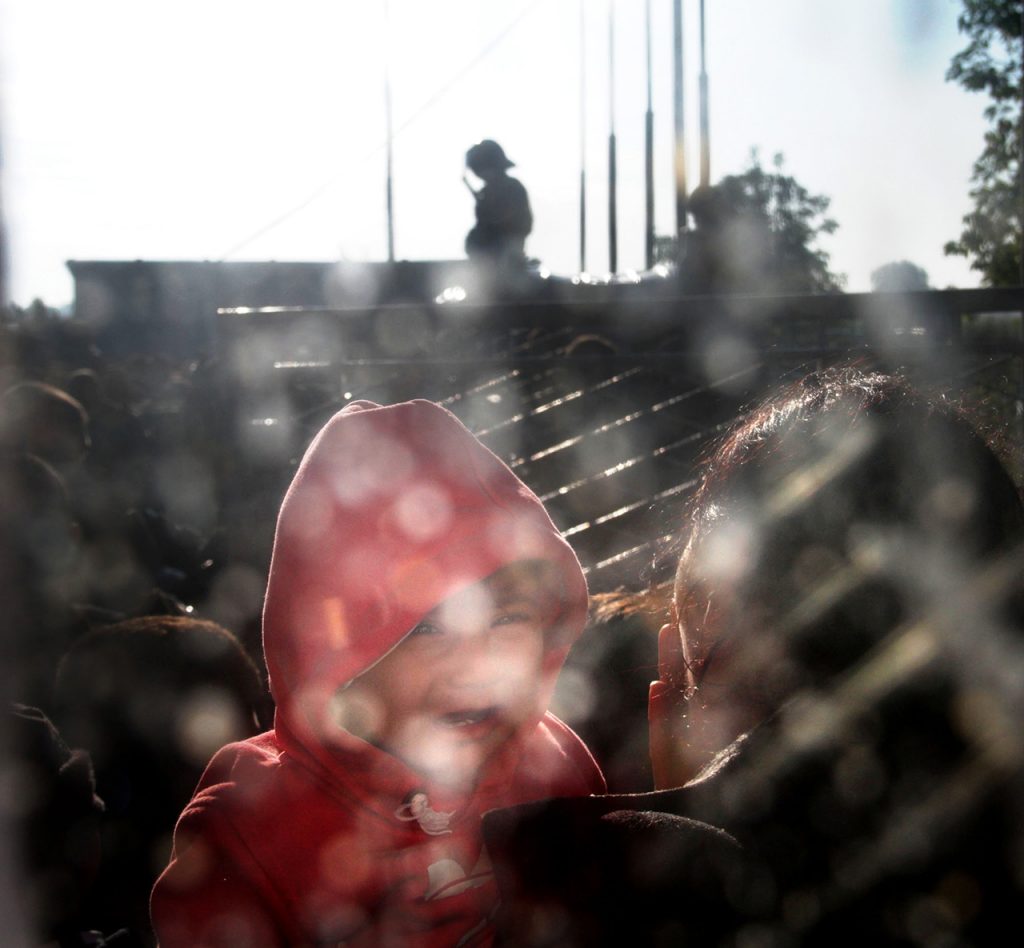
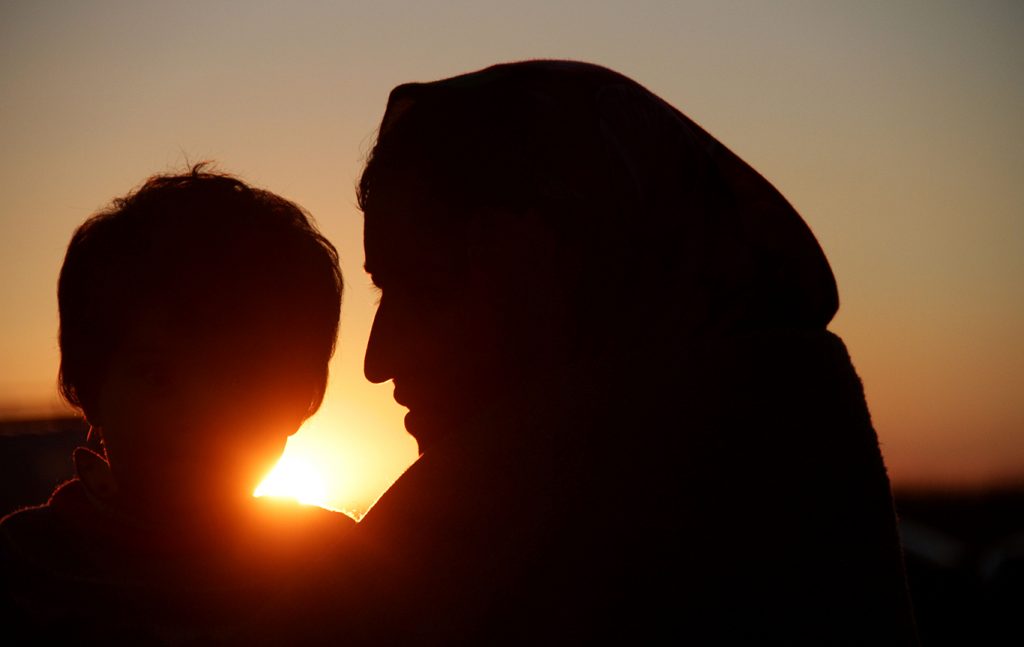
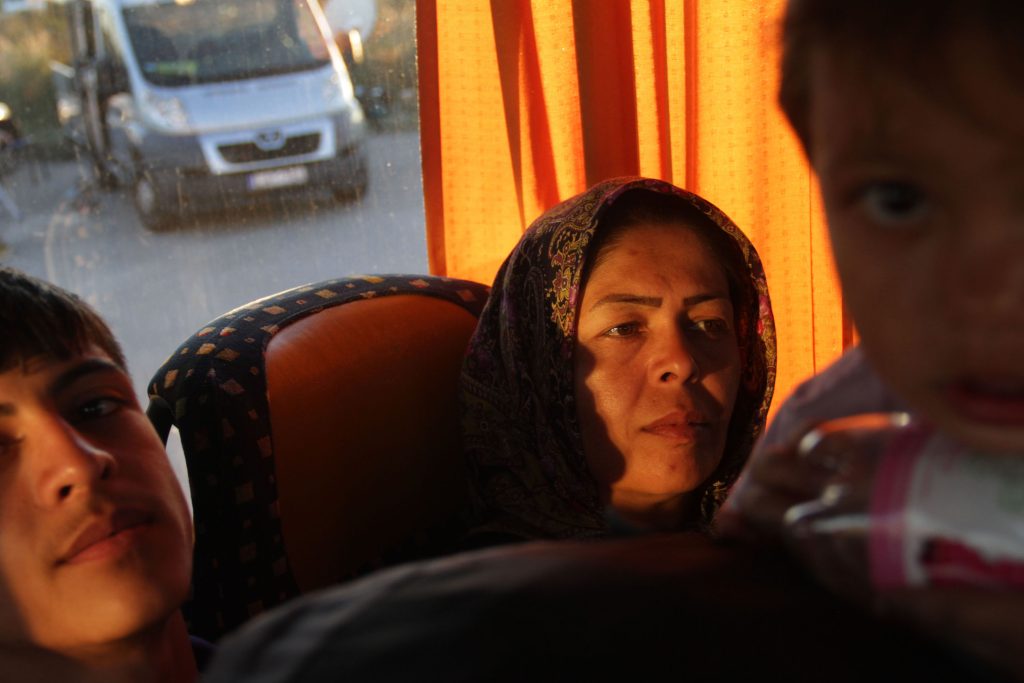
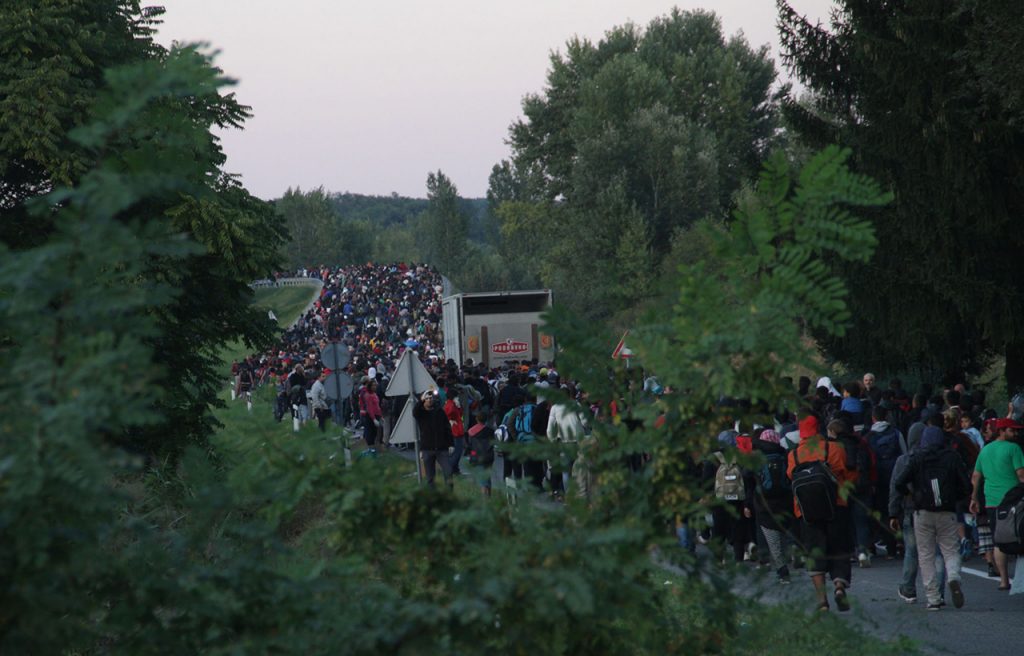
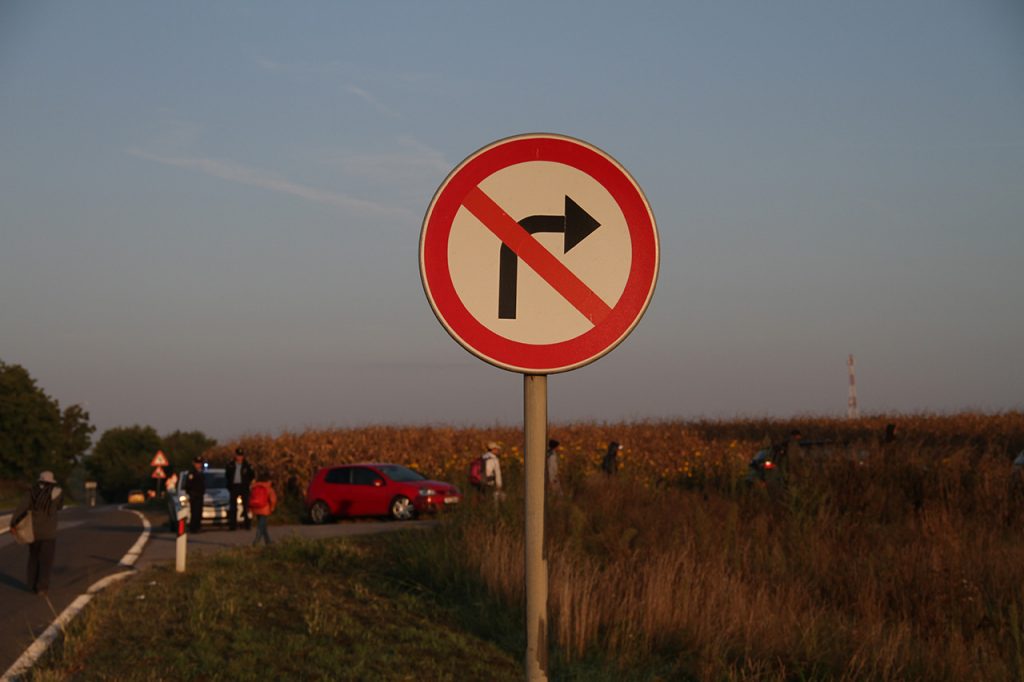
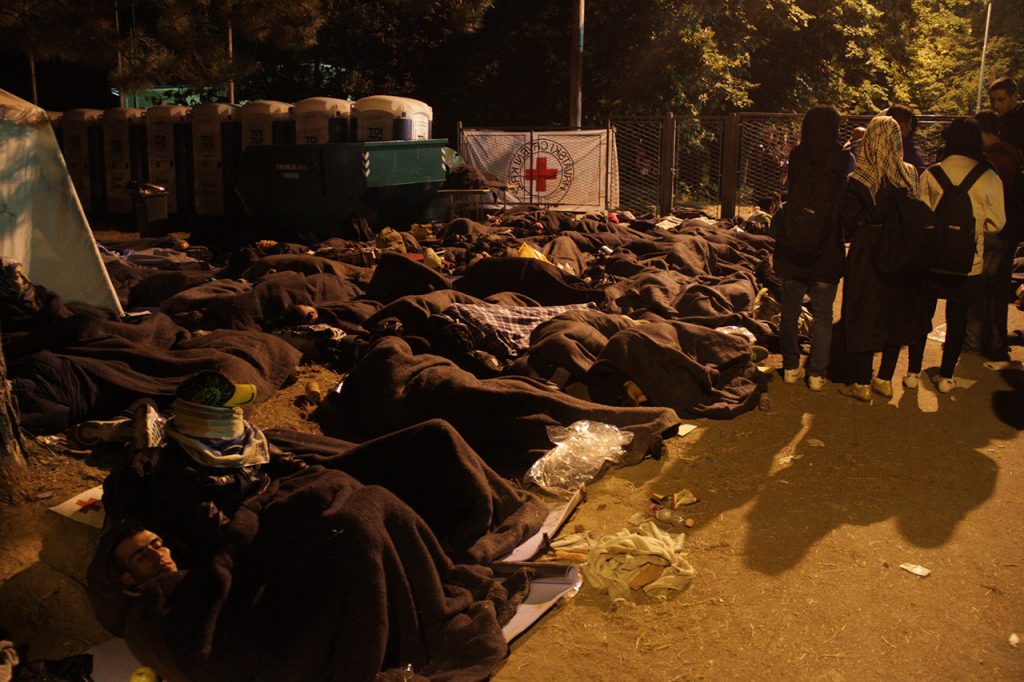

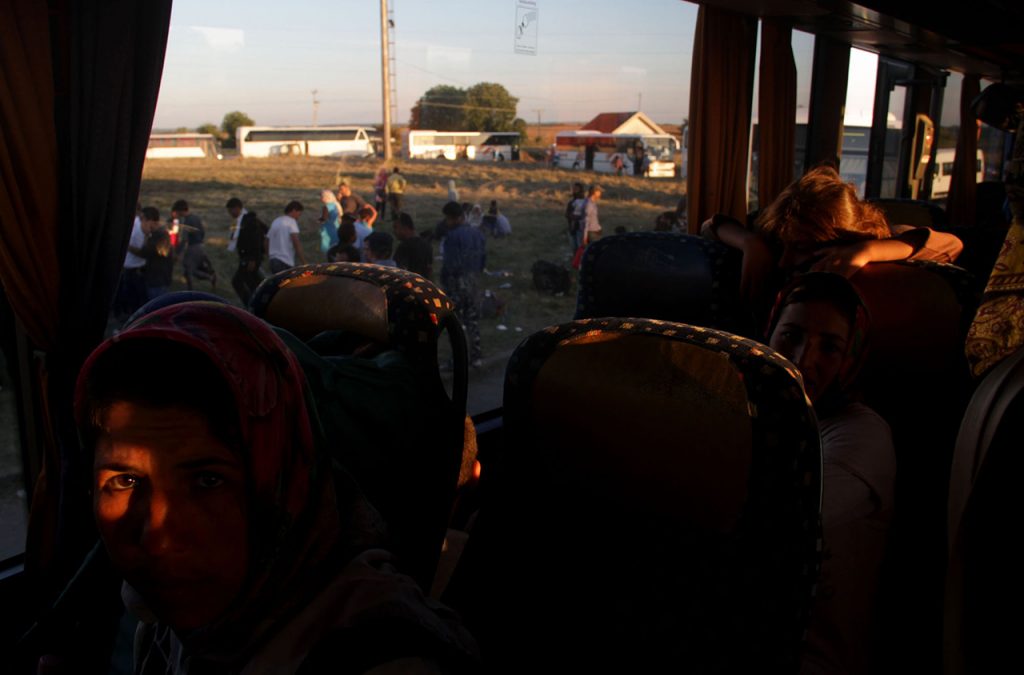


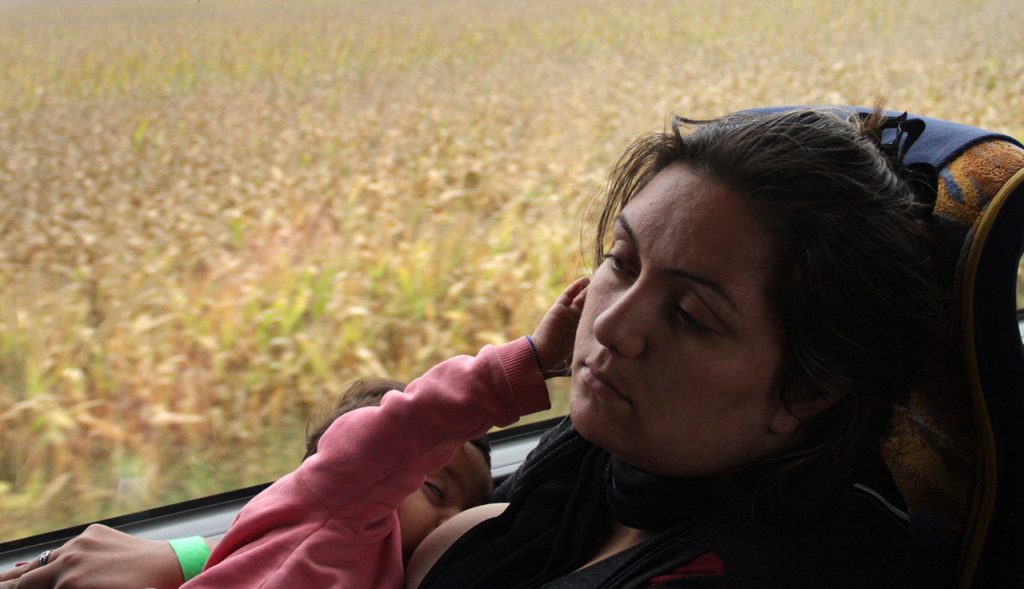
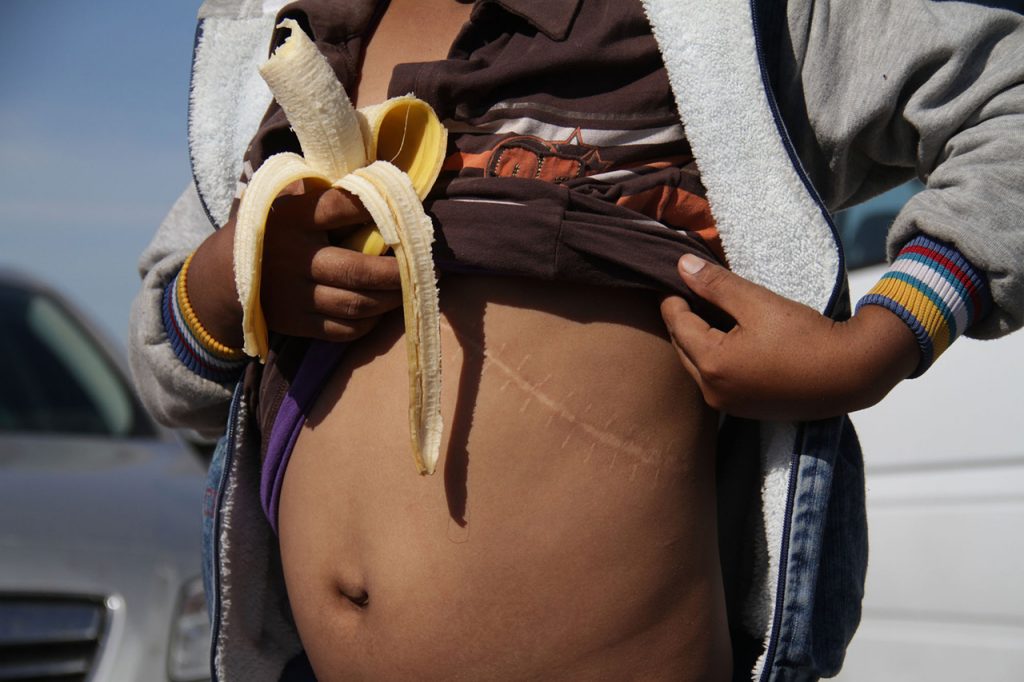
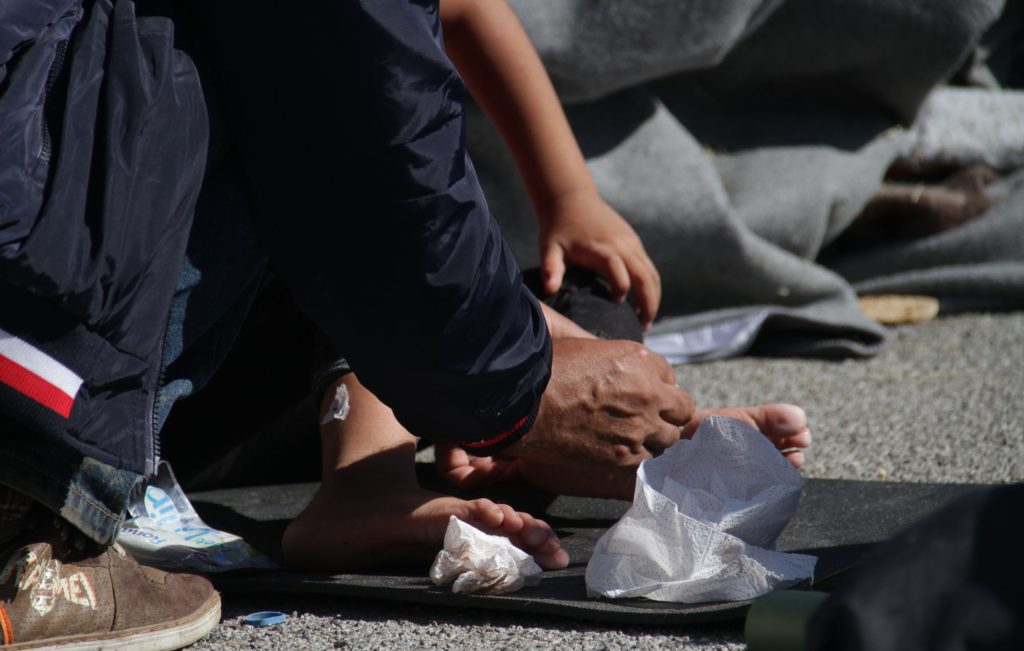
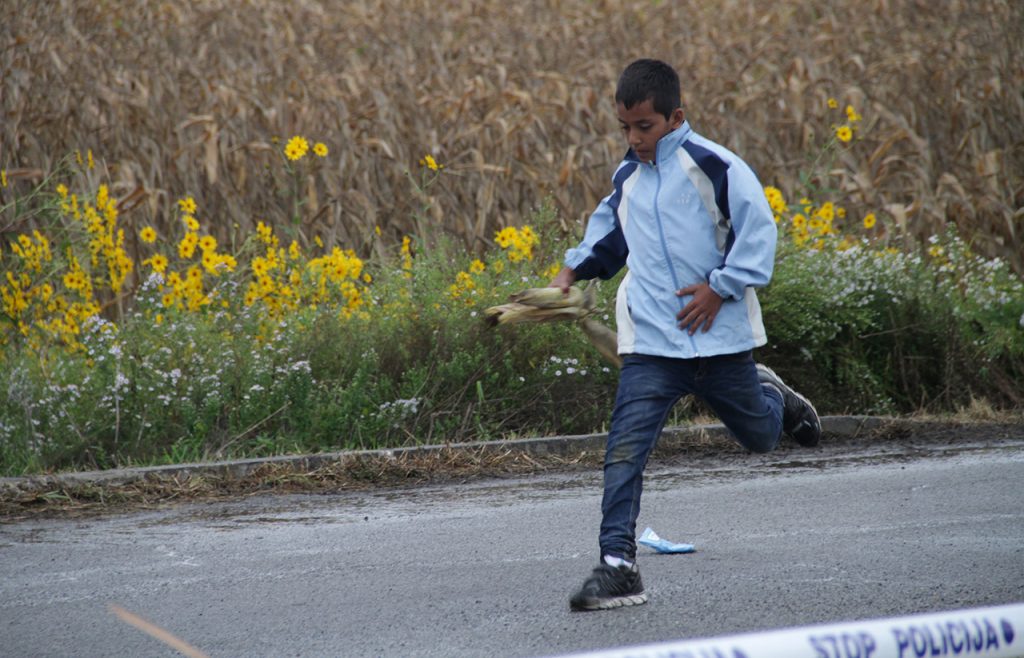
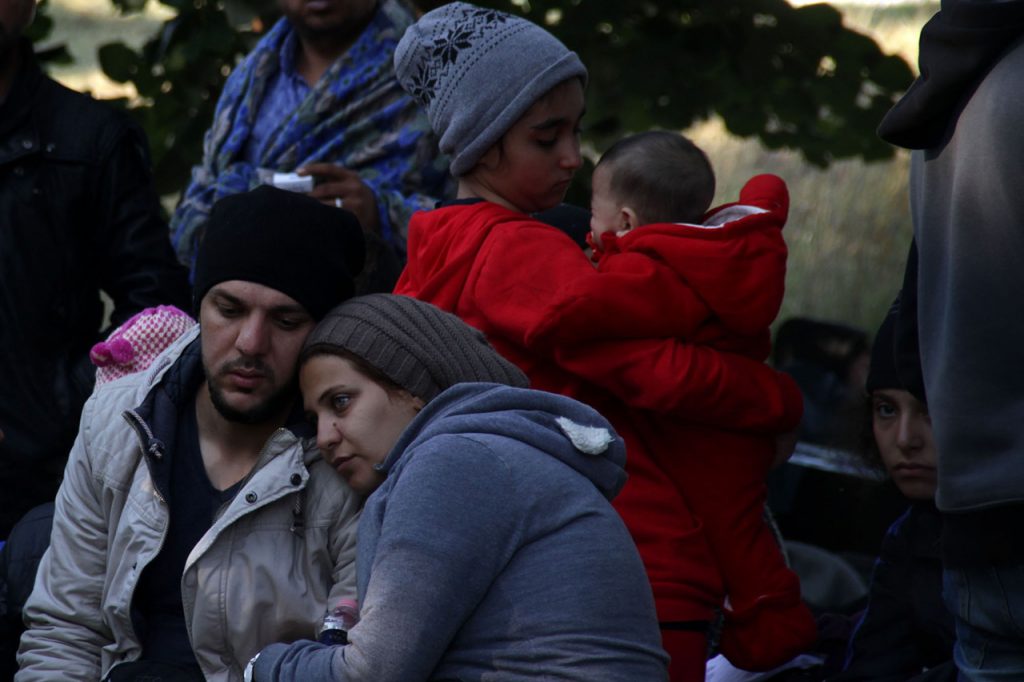

Views: 609